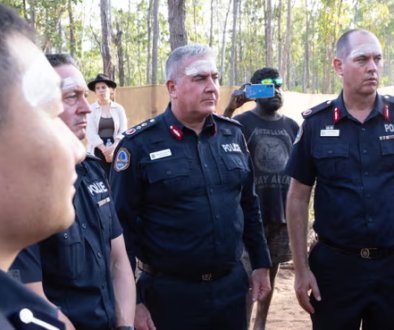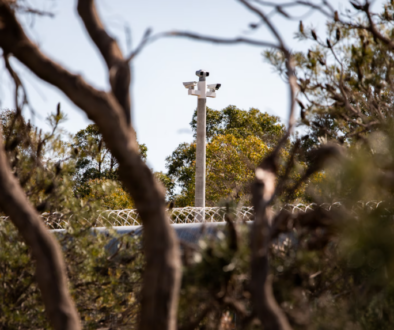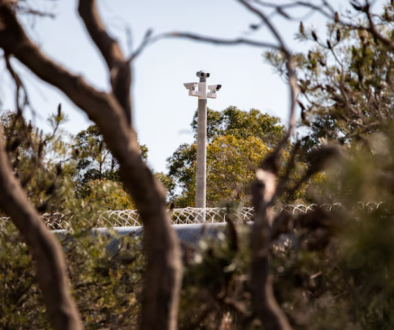Australia Continues to Detain and Brutalise Children, Despite Royal Commission
Warning: This story contains the name and images of a deceased Indigenous person.
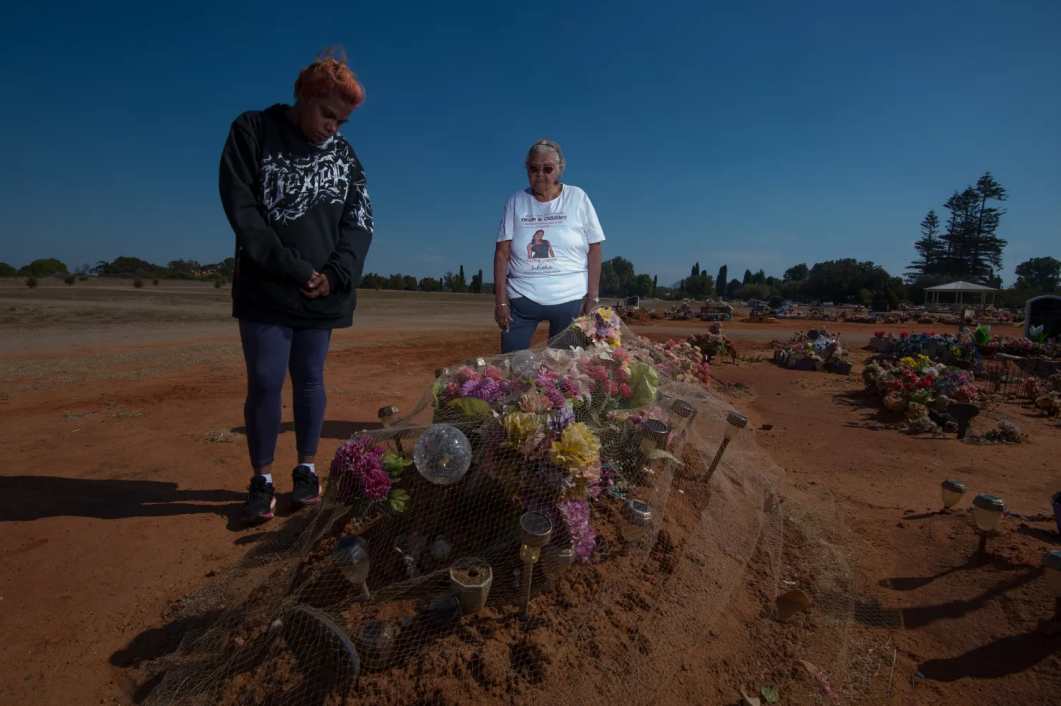
It was one of the nation’s most horrifying death in custody cases, a young woman imprisoned for unpaid fines dying after enduring inhumane treatment at the hands of police who didn’t believe her repeated cries for help.
Coroner Ros Fogliani concluded in 2016 that Ms Dhu’s final hours were marred by unprofessional treatment, with officers convinced she was feigning illness and possibly suffering drug withdrawals. Her family’s lawyer said she was only arrested after calling police for help as a victim of crime.
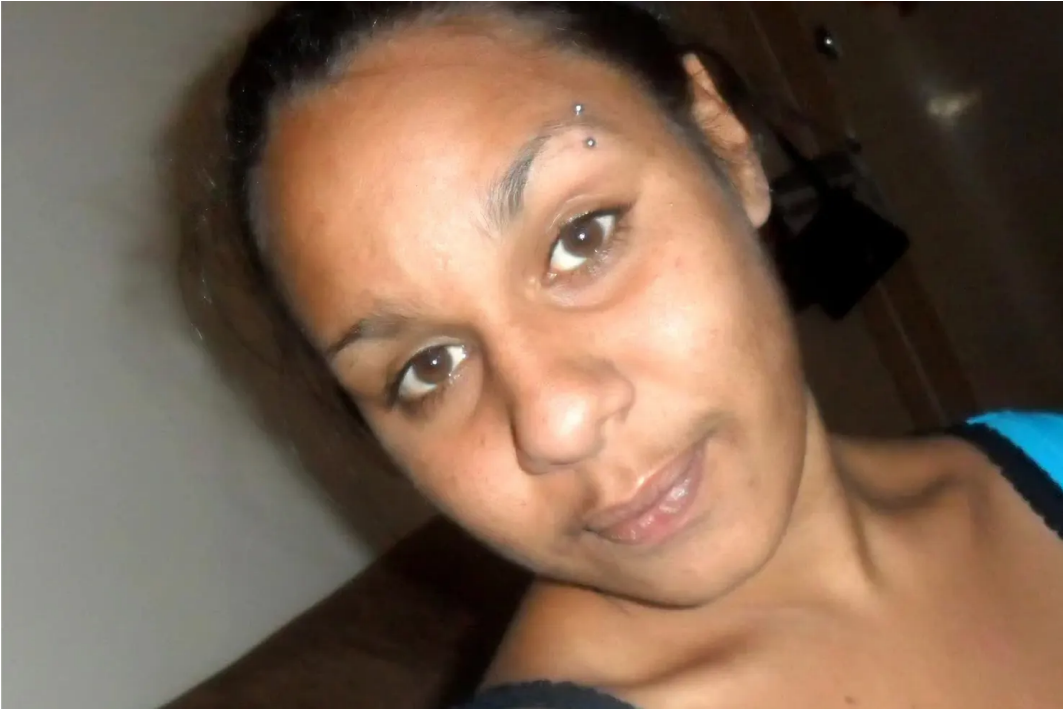
The 22-year-old Yamatji woman died in August 2014 during her third visit to Hedland Health Campus in northern Western Australia from complications associated with septicaemia when a rib broken in a domestic violence incident four months earlier became infected.
Her death sparked widespread public outrage and a family-led campaign to abolish the imprisonment of fine defaulters under state legislation, a move backed by the coroner before the law was repealed in 2020.
Almost a decade on from Ms Dhu’s death, a class action levelled against the WA government over its “discriminatory” unpaid fines law is finally starting to take shape.
In abolishing the law, WA’s most senior legal official, Attorney-General John Quigley, conceded the regime under the Fines, Penalties and Infringement Notices Enforcement Act 1994 was “economically flawed”.
But Levitt Robinson senior partner Stewart Levitt said his clients, including the co-executors of Ms Dhu’s estate, intended to argue it was also discriminatory and unlawful.
The plaintiffs, including Noongar woman Keennan Dickie, who was jailed over unpaid fines in 2019 after reporting an assault, are demanding compensation from the government and WA’s Country Health Service for false and unlawful imprisonment.
While there are almost a dozen plaintiffs listed on the statement of claim, led by Ms Dhu’s family, Levitt warned the claim could affect several thousand people.
The WA Law Society documented the law’s discriminatory and disproportionate effect and the national Law Council calling for its abolition before it was eventually repealed.
Despite Indigenous people making up just 3.3 per cent of the population, Levitt said they were grossly overrepresented among those jailed for unpaid fines.
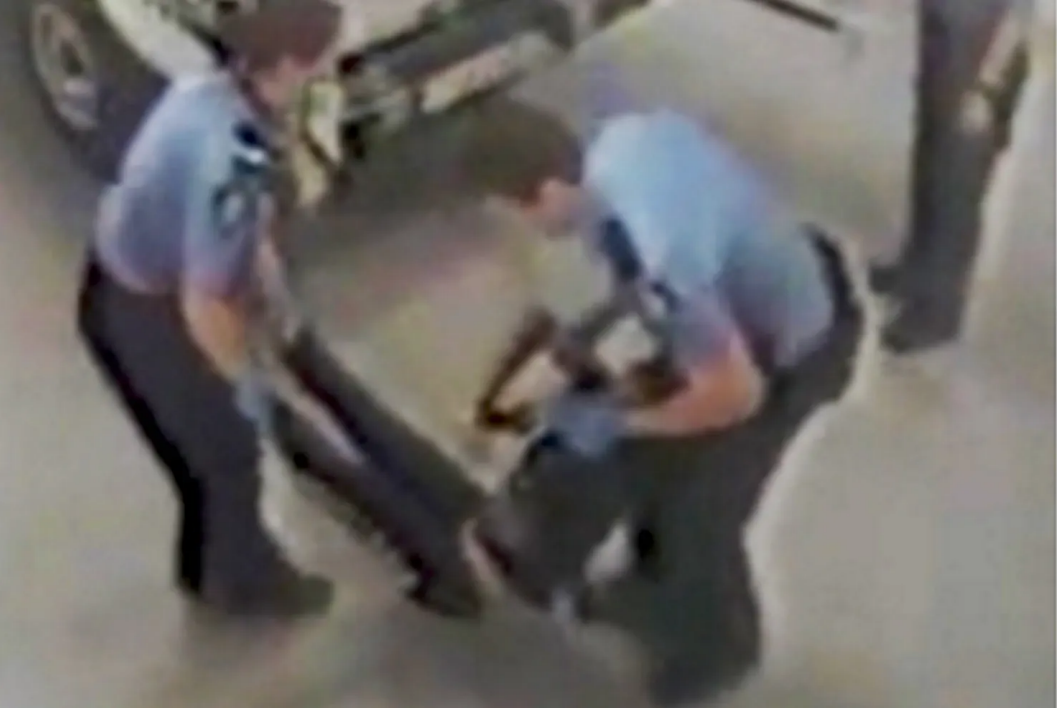
A report tabled in WA parliament in 2016 by the Inspector of Custodial Services highlighted “troubling” gender and race differences among those jailed, with Aboriginal people comprising 43 per cent of male fine defaulters and 64 per cent of female fine defaulters.
In the cases of Ms Dhu and Dickie, Levitt highlighted that the pair were both arrested after making complaints about being victims of crime.
Lawyers lodged a complaint with the Human Rights Commissioner in 2018 before taking the matter all the way to the Federal Court.
After 18 months of procedural sparring, Levitt said the action was finally ready to get under way.
“We’ve crossed the Maginot Line, that’s the position we’re in,” he said.
“I’ve always been appalled by the WA government’s refusal to acknowledge the racial discrimination in this legislation. If this happened to a white woman, there would be hell to pay.
“It’s one of the best documented atrocities by WA custodial services … the CCTV is quite remarkable.”
A WA government spokesperson confirmed it was defending the legal action.
“As the proceedings are currently before the court it is not appropriate to comment further at this time,” they said.
The government has already bolstered resources at the State Solicitor’s Office, allocating three full-time staff to handle two upcoming class actions, one of which is understood to be Ms Dhu’s case.

It made a $1.1 million ex gratia payment to the family of Ms Dhu back in 2017, but did so in a way that did not prevent the family from seeking further damages.
The doctor who treated Ms Dhu was also slapped with a $30,000 fine after being found guilty of professional misconduct.
The parties are expected to front court in Perth in September.
*Ms Dhu’s first name has not been used for cultural reasons.

